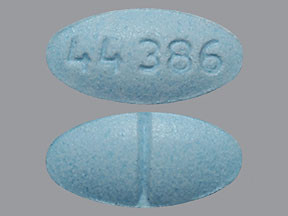DOXYLAMINE - ORAL
PHONETIC PRONUNCIATION: (dox-IL-a-meen)
COMMON BRAND NAME(S): Unisom Sleep Aid
GENERIC NAME(S): doxylamine succinate
Uses
USES: Doxylamine is an antihistamine, used to relieve symptoms of allergy, hay fever, and the common cold. This medication works by blocking certain natural substances (histamine, acetylcholine) that your body makes. This effect helps to relieve allergy/cold symptoms such as watery eyes, runny nose, and sneezing. Cough-and-cold products have not been shown to be safe or effective in children younger than 6 years. Therefore, do not use this product to treat cold symptoms in children younger than 6 years unless specifically directed by the doctor. Also, do not give the 25 milligram tablets to children younger than 12 years, unless directed by the doctor. Ask your doctor or pharmacist for more details about using your product safely. These products do not cure or shorten the length of the common cold and may cause serious side effects. To decrease the risk for serious side effects, carefully follow all dosage directions. Do not use this product to make a child sleepy. Do not give other cough-and-cold medication that might contain the same or similar ingredients (see also Drug Interactions section). Ask the doctor or pharmacist about other ways to relieve cough and cold symptoms (such as drinking enough fluids, using a humidifier or saline nose drops/spray).
How to use DOXYLAMINE - ORAL
HOW TO USE: Read all directions on the product package before taking this medication. If you have any questions, consult your pharmacist. Take this medication by mouth with or without food. Follow the directions for dosing on the label, or take as directed by your doctor. This medication may be taken with food or milk if stomach upset occurs. If you are using the chewable form of this medication, chew thoroughly and then swallow. If you are using the liquid form of this medication, measure the dose carefully using a special measuring device/spoon. Do not use a household spoon because you may not get the correct dose. Do not take more medication than recommended or take it more often without consulting your doctor. Your dosage is based on your age, medical condition, and response to therapy.
Side Effects
Precautions
Interactions
Overdose
Images
Reviews
Disclaimer
IMPORTANT: HOW TO USE THIS INFORMATION: This is a summary and does NOT have all possible information about this product. This information does not assure that this product is safe, effective, or appropriate for you. This information is not individual medical advice and does not substitute for the advice of your health care professional. Always ask your health care professional for complete information about this product and your specific health needs.

No Reviews Yet